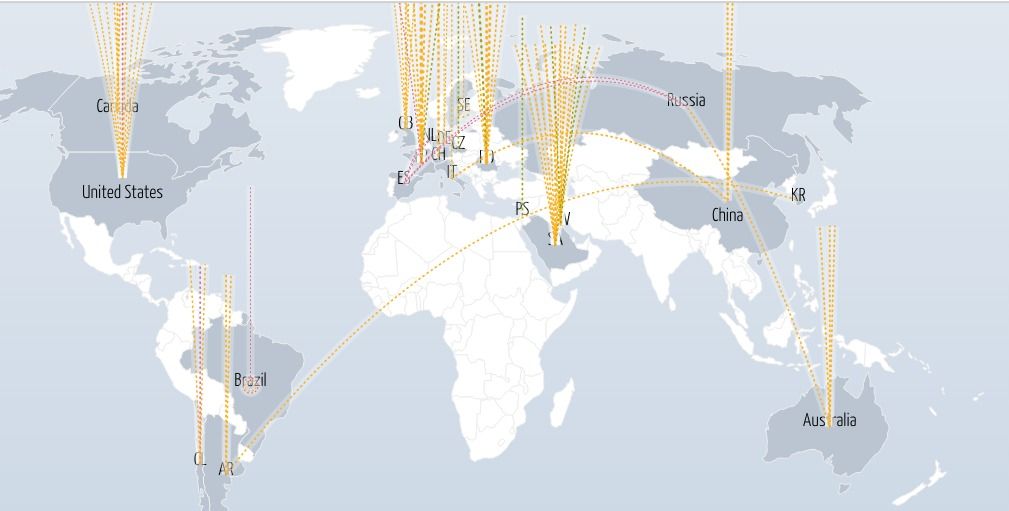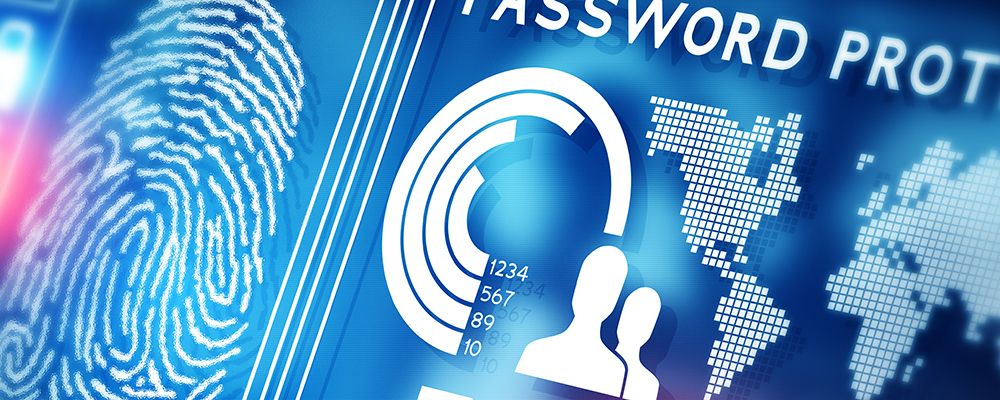The DDoS prevention tool is part of Google Ideas, renamed Jigsaw, whose stated mission is to “build products to help people investigate corruption.”



One philosophy that I have often practice and encourage my team to do is to think like a hacker. It has served me and my teams well. At times; I have shared areas where risks exist in the emerging technologies; and hope that I don’t make folks too nervous. However, we all have to start thinking like hackers or pay the cost some day.
C-level executives from giant corporations and officials from the smallest companies all must think like hackers and test their cyber defenses regularly if they expect to avoid breaches of their systems.
That’s according to a panel of cybersecurity experts who recently spoke to a crowd gathered at the Donald Danforth Plant Science Center.
‘You have to adjust your expectation of what the other side looks like,’ said William Largent, a threat researcher for the Talos Group, Cisco. ‘It’s…

I always caution folks to never say “never” especially around hacking and worst case scenarios relating to security. Granted there is a balance around not going too overboard. However, when it comes to being risk adverse and determining how much risk your company can absorb must be a core piece of your assessment. And, an attack like the one by ISIS in this article can not be allowed.
https://lnkd.in/b-_mdNW
LONDON: ISIS terrorists hacked the website of a UK-based solar firm as revenge for the killing of one of their British Muslim members, a media report said on Sunday.
Self-styled Caliphate Cyber Army (CCA) members recently carried out the hack on the website of Solar UK, an East Sussex company in south-east England with only 11 staff, The Sunday Times reported.
The attack was reportedly to avenge the death of Junaid Hussain, an ISIS figure from Birmingham, and it saw customers being diverted to a web page featuring the terror group’s logo accompanied by a string of threats.

I see these growing exponentially in the next few years especially when companies introduce autonomous technologies. One must ponder how far will these go when the breach was inside a bank that is leveraging technology and/ or autonomous technologies from vendors. https://lnkd.in/bzXdix3
A number of data breach lawsuits have been filed against major enterprises in recent years, which could lead to mounting data breach costs.
I agree 100% with this report by former pentagon official on AI systems involving missiles.
A new report written by a former Pentagon official who helped establish United States policy on autonomous weapons argues that such weapons could be uncontrollable in real-world environments where they are subject to design failure as well as hacking, spoofing and manipulation by adversaries.
In recent years, low-cost sensors and new artificial intelligence technologies have made it increasingly practical to design weapons systems that make killing decisions without human intervention. The specter of so-called killer robots has touched off an international protest movement and a debate within the United Nations about limiting the development and deployment of such systems.
The new report was written by Paul Scharre, who directs a program on the future of warfare at the Center for a New American Security, a policy research group in Washington, D.C. From 2008 to 2013, Mr. Scharre worked in the office of the Secretary of Defense, where he helped establish United States policy on unmanned and autonomous weapons. He was one of the authors of a 2012 Defense Department directive that set military policy on the use of such systems.

What can be better than to go head to head against cyber attacks, let computer have a mind of their own and protect themselves? The executive producer of CBS hit show, Scorpion, and the CEO of Scorpion Computer Services, Walter O’Brien says that it not only is possible, but can be the only solution to stop such attacks.
@tferriss loved the Walter O’ Brien podcast. But, did you pick up on any issues with his story? https://t.co/jf8Gm2Ls1Y
— Vincent Hofmann (@vincenthofmann) February 22, 2016

The person in the article is not very smart. 1st you never offer a tempting challenge to a hacker in public forum. I have known too many and followed to many since the 80’s. 2nd, house burgulars are not even close to the calibur of hackers.
I own a 2013 Nissan LEAF SV with telematics functions known as CARWINGS. CARWINGS connected to my car via an app also called NissanConnect EV that was hacked by Troy Hunt and came into to the news this week. Nissan issued two different statements about the hack and eventually shut off the app completely.
LEAF owners are concerned that because the app was easy to-hack with the LEAF’s VIN number that access could be used for malicious use.
The LEAF’s VIN number can be clearly seen through the windshield.


80 million cyber attacks per year — 400 every minute — but as many as 70 percent of them go undetected. And, these numbers are anticipated to go drastically higher now “Ransomware” is paying off for hackers.
Using the internet is a risk most businesses and individuals take for granted. But as more data is stored online, the world is becoming ever more vulnerable, the head of global internet security firm Symantec, Michael Brown, says.

I luv it — India get’s it. You have to make sure that your IT foundation is solid first before unleashing things like AI. Connected AI requires a solid and secured infrastructure foundation 1st. In order for customers to buy into Cloud & the whole IoT, and connected AI set of products and services; the customer must feel that they can trust you fully.
By Jayadev Parida
Take a stock of the past, analyse the present cliché and frame a strategy for future. In the recent years, India’s approach to cyber security has experienced a shift from style to substance. Prime Minister Modi’s foreign policy has made various strong interventions on cyber security matters. Those interventions need to be materialised to manoeuvre the interest. Presumably, the Prime Minister Office (PMO) is likely to invest both political and capital energy to enhance a cautious cyber-strategy. A dedicated Division in the Indian Ministry of External Affairs (MEA) for cyber security is a value addition to that. In 2015, Minister of Communications and Information Technology in a written reply to the Lok Sabha stated that government allocated Rs 755 crore to combat cyber security threats over a period of five years. But, this financial outlay is quite negligible as the nature of threat is quite huge and unpredictable.
Cheer up, the worst is yet to come! One of those famous words penned by noted American author and novelist Mark Twain a long ago. This sentence is a stark reminder of India’s dawdling approach to new threats. India’s cyber sleuth may be holding their nerves for the worst to frame a robust apparatus to secure cyber ecosystem. The Google Trends of 2015 demonstrated that Islamic State (IS) was a buzz word in India while terrorism continued to exist as the area of concern. Nonetheless, interest over the time for IS’ in Indian Cities is increasing significantly.